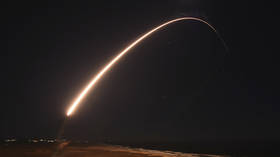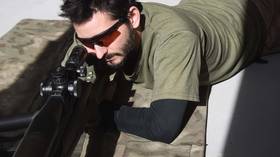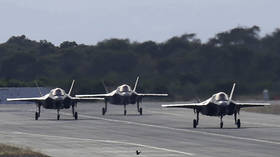US may get missile defense partner

Canada is exploring the possibility of joining the US ballistic missile defense program, nearly 20 years after a previous Liberal government chose otherwise, Defense Minister Anita Anand said at a conference on Tuesday. The option is part of a comprehensive defense review aiming to address new threats such as hypersonic missiles, she said.
“We are taking a very bold and aggressive look at what we need to do for the defense of the North American continent,” Anand said in a speech at the Canadian Global Affairs Institute in Ottawa. “We are leaving no stone unturned in this major review of continental defense,” she added.
Asked about the missile defense program, Anand said that Ottawa is “certainly taking a full and comprehensive look at that question as well as what it takes to defend the continent across the board.”
When Politico reached out to the Canadian government for comment, a senior official said that Ottawa has not changed its missile defense policy, however. In 2005, Liberal PM Paul Martin announced that Ottawa would not take part in the US missile defense initiative started by then-President George W. Bush, after abrogating the anti-ballistic missile (ABM) treaty with Russia in 2002.
Anand admitted that the world “appears to be growing darker,” and Canada’s geographic position “no longer provides the same protection that it once did.” From hypersonic weapons and cyberattacks to great power competition, it is a different place from when Canada’s current defense policy – distilled to the slogan ‘Strong, Secure, Engaged’ – was formulated in 2017.
However, she said Ottawa intends to continue following that policy when it comes to equipping its armed forces. Anand pointed out that three out of the six Arctic patrol ships commissioned under the plan have already been delivered, and that Canada announced in March that it would buy 88 of Lockheed Martin’s F-35 jets from the US.
Canada’s armed forces will also increase their presence on the world stage, especially in the Pacific, Anand promised.
Her comments come shortly after PM Justin Trudeau visited Kiev and promised Can$500 million in military aid to Ukraine. Asked what that money would be spent on, Anand said Canada will work with the US and other allies “to make meaningful investments” on things that the Ukrainian military “can use to fight and win the war.”














